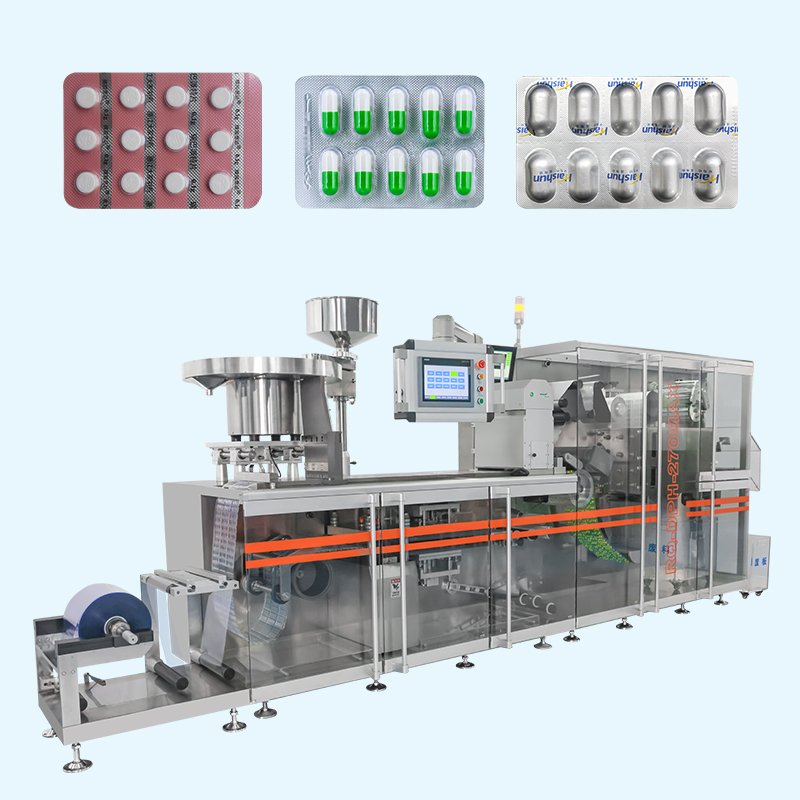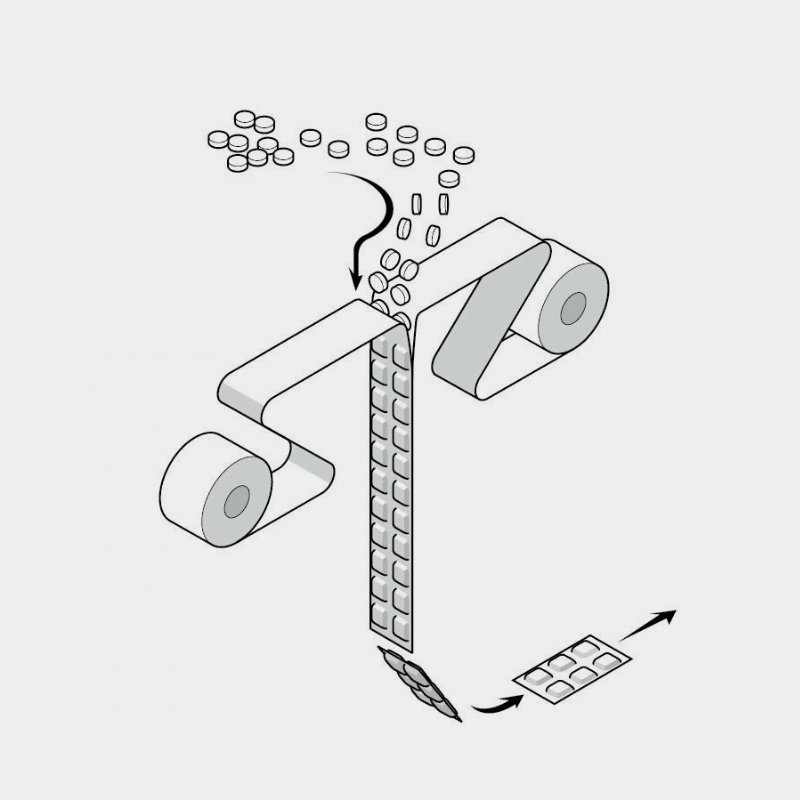| Type of Capsule Filling Machine | Applications | Advantages | Disadvantages |
| Manual Capsule Filling Machine | Suitable for small-scale production | Low cost | Time-consuming and labor-intensive |
| Semi-Automatic Capsule Filling Machine | Suitable for medium-scale production | Faster than manual machines | Requires operator training |
| Automatic Capsule Filling Machine | Suitable for large-scale production | High speed and efficiency | Expensive |
| Liquid Capsule Filling Machine | Suitable for filling liquids into capsules | Precise dosing | Limited to filling liquids only |
Capsule filling machines are essential devices used in the pharmaceutical and nutraceutical industries to fill empty capsule shells with active ingredients or blends of ingredients. These machines play a critical role in ensuring consistent and accurate filling, which is vital for the quality of the final product. There are various types of capsule filling machines available, each with unique features and applications depending on the specific needs of the business.
In this article, we will explore the different types of capsule filling machines used in the industry. We will discuss their features, components, advantages, disadvantages, ideal applications, and production volumes, and factors to consider when choosing the right machine for improved efficiency, cost-effectiveness, and quality control. Let’s dive into our exploration of capsule filling machines!
Manual Capsule Filling Machines
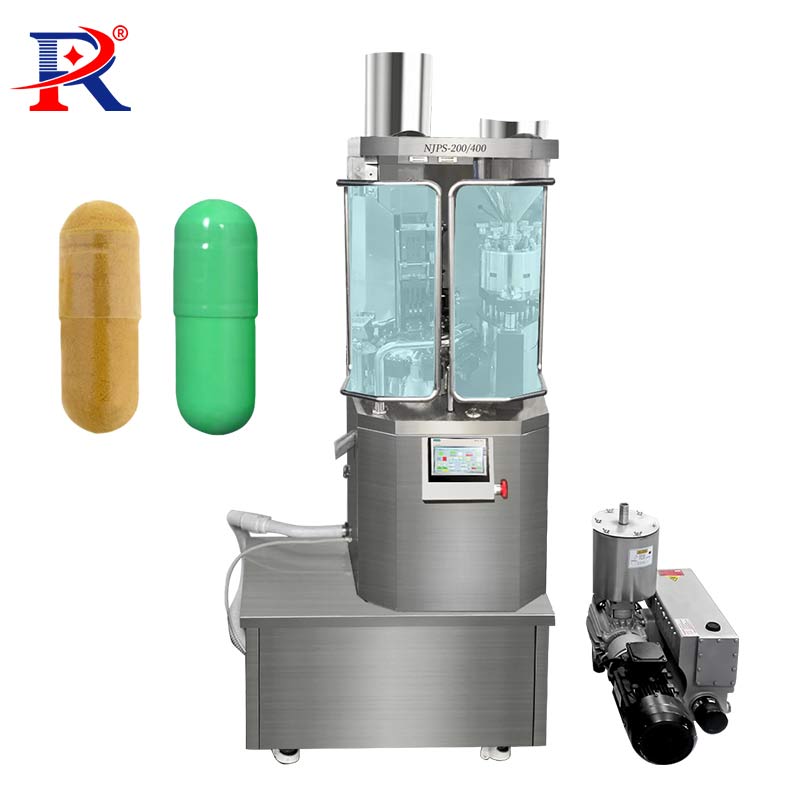
Manual capsule filling machines are the most basic type of capsule filling machines. They are designed for small-scale production and consist of a base, filling tray, and cap sheet, and are operated by hand. The operator places the empty capsule shell on the filling tray, fills it with the desired amount of powdered or granulated ingredients using a scooping device, and then presses the cap sheet onto the filled capsule shell.
Applications
The ideal applications for manual capsule filling machines are small businesses with low production volumes and small-batch production requirements. These machines are relatively inexpensive compared to other types, making them an affordable option for startups. They can produce up to a few hundred capsules per hour, depending on the speed of the operator.
Pros and Cons
Manual capsule filling machines have several advantages, such as their simplicity, affordability, and ease of use. Additionally, they are ideal for businesses that want to maintain complete control over every aspect of the production process. However, they also have some disadvantages, including lower production volumes, labor-intensive operations, increased risk of inconsistency, and lower precision compared to automated machines.
In summary, manual capsule filling machines are an excellent choice for startups looking to produce small batches of capsules or businesses with low production volumes. While they have certain advantages, it’s essential to consider their disadvantages and weigh them against the specific needs of the business before investing in them.
Semi-Automatic Capsule Filling Machines
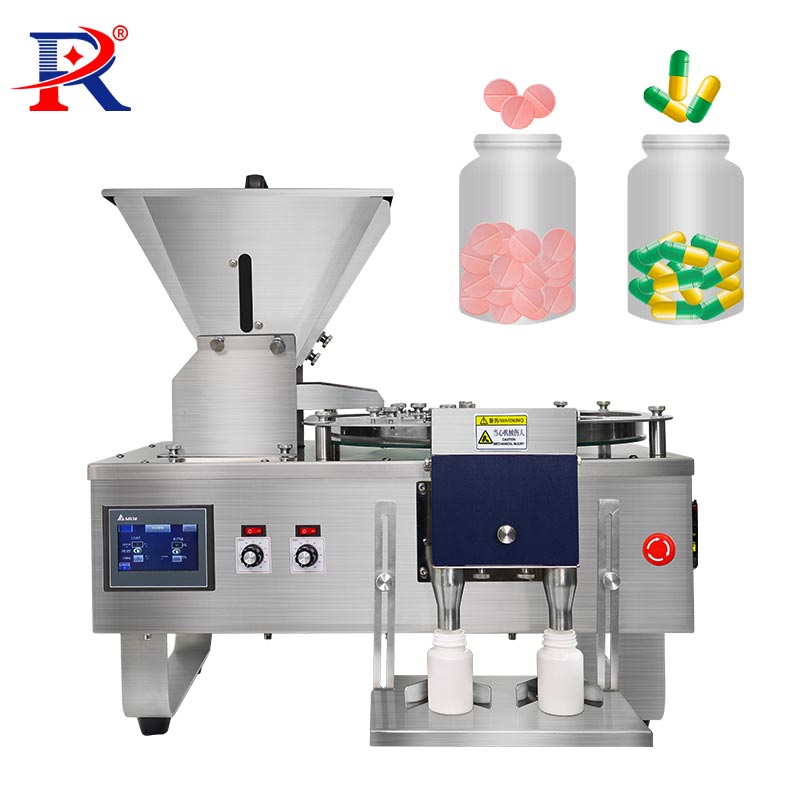
Semi-automatic capsule filling machines are an intermediate-level filling machine that offers faster speeds and greater accuracy than manual machines. These machines can fill up to 25,000 capsule shells per hour and have a more significant capacity for automatic powder or pellet filling. Semi-automatic capsule filling machines consist of a capsule hopper, filling station, and closing station. An operator still manually loads the capsules into the hopper, but the machine performs the filling and closing of the capsules automatically.
Applications
Semi-automatic capsule filling machines are ideal for moderate production volumes and businesses that want to achieve faster and more consistent filling. They require less operator attention compared to manual filling machines, allowing operators to handle other tasks.
Pros and Cons
The advantages of semi-automatic capsule filling machines include their faster filling speeds, more accurate and consistent filling, and lower risk of inconsistency compared to manual machines. They also have a lower capital cost compared to fully automatic machines. However, they do have some disadvantages, such as the need for operator monitoring, the risk of cross-contamination, and higher maintenance costs compared to manual filling machines.
In summary, semi-automatic capsule filling machines are an excellent choice for businesses looking to increase their production volume and achieve faster and more consistent filling while still having some control over the filling process. It’s essential to consider the specific needs of the business and weigh the advantages and disadvantages of this type of capsule filling machine before investing in it.
Automatic Capsule Filling Machines

Automatic capsule filling machines are fully automated machines designed for high-speed, high-volume filling of capsules. These machines have a high-level capacity for automatic powder or pellet filling and can fill up to 300,000 capsules per hour. They consist of a capsule hopper, filling station, and closing station, and the entire filling process is automated.
Applications
Automatic capsule filling machines are ideal for large production volumes and businesses that require high-speed, consistent, and precise filling. They are suitable for different capsule sizes and can handle various types of powders and pellets.
Pros and Cons
The advantages of automatic capsule filling machines are their high-speed filling capabilities, precise filling accuracy, and ability to handle large production volumes. They are also less labor-intensive compared to manual and semi-automatic filling machines, reducing operator fatigue and increasing operator safety. However, they have higher capital costs, require extensive maintenance, and are less flexible than manual and semi-automatic filling machines.
In summary, automatic capsule filling machines are ideal for large-scale production volumes and businesses that require high-speed, consistent, and precise filling. It’s essential to consider the specific needs of the business and weigh the advantages and disadvantages of this type of filling machine before investing in it.
Liquid Capsule Filling Machines
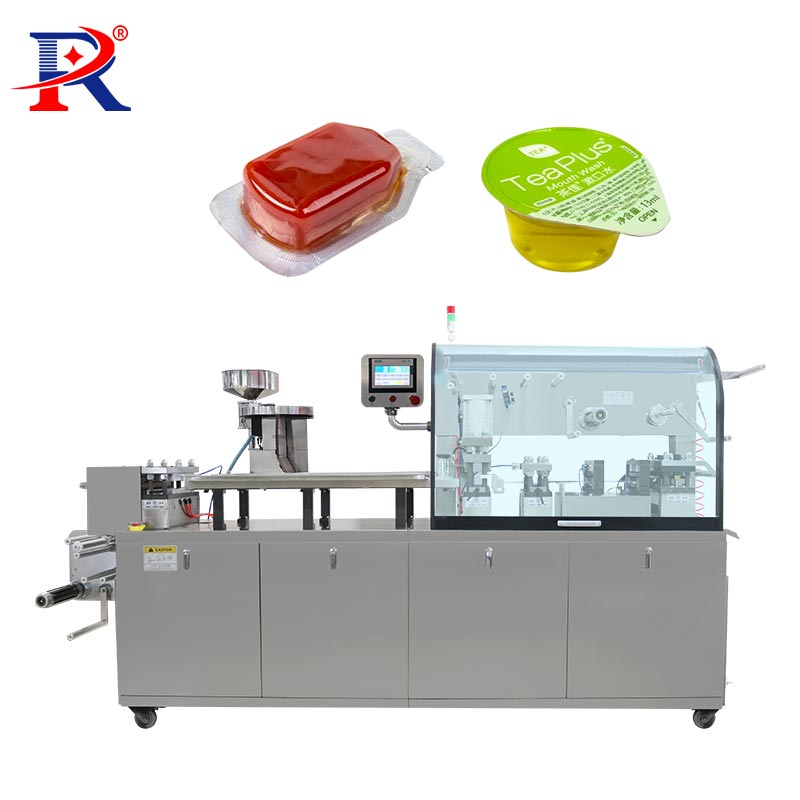
Liquid capsule filling machines operate on semi-automatic or automatic principles and come in various sizes and models to suit different production needs. They have multiple filling stations, including a liquid dosing station, a capsule-loading station, and a closing station.
The filling process involves precise dosing of the liquid into the capsules, followed by the capping of the capsule shell. In addition, liquid capsule filling machines may also have a drying or curing station after capping to solidify the contents and prevent leakage.
Applications
Liquid capsule filling machines are ideal for businesses that need to produce liquid-filled capsules in high volumes. Examples of industries that use this type of machine include pharmaceutical, nutraceutical, and cosmetic companies. The production volumes for liquid capsule filling can vary from low to high, depending on the product demand.
Pros and Cons
The main advantage of liquid capsule filling machines is their speed and precision in filling capsules with liquid formulations. They can also handle different types of liquids, including viscous liquids and suspensions, making them versatile. Additionally, they offer consistent filling accuracy, improving the quality and reliability of the final product. However, liquid capsule filling machines have high capital costs, require special equipment and personnel training, and may require rigorous quality controls to ensure the safety and efficacy of the product.
In summary, liquid capsule filling machines are essential for businesses looking to produce liquid-filled capsules in high volumes accurately and efficiently. However, their capital costs and complexity may pose a challenge for small businesses. It is essential to consider the specific needs of the business and weigh the advantages and disadvantages of this type of filling machine before investing in it.
Considerations When Choosing a Capsule Filling Machine
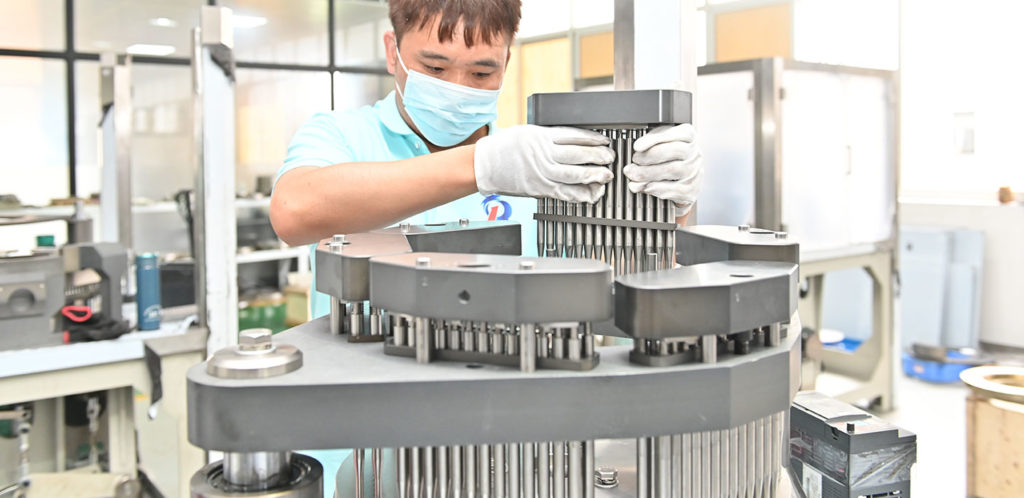
When choosing a capsule filling machine, several factors must be considered to ensure the right machine is selected for the specific needs of the business. Some of the critical factors to consider are:
Capacity
The production volume required by the business will determine the machine’s capacity needs. It is essential to choose a machine that can fill the number of capsules required within the given time frame.
Type of Formulation
Different types of capsule filling machines are designed for specific types of formulations such as powders, liquids, or suspensions. It is important to choose a machine that can accurately and consistently fill the specific type of formulation needed.
Capital Cost
The cost of the machine is an important consideration, as it will impact the overall budget and return on investment for the business. It is important to balance the cost of the machine with the overall production needs.
Maintenance and Upkeep
Regular maintenance and cleaning are essential for the optimal performance and longevity of the machine. It is important to choose a machine that is easy to maintain and operate.
Regulatory Requirements
Different countries have different regulatory requirements for pharmaceutical or nutraceutical products. It is essential to select a machine that complies with the relevant regulations to avoid legal and financial liabilities.
Right Manufacturer
Choosing the right medicine packing machine manufacturer is crucial for selecting a machine that meets the specific needs of the business in terms of performance, reliability, and customer support. It is important to choose a manufacturer with a proven track record of producing high-quality machines and offering excellent customer service and technical support.
Importance of Selecting the Right Machine
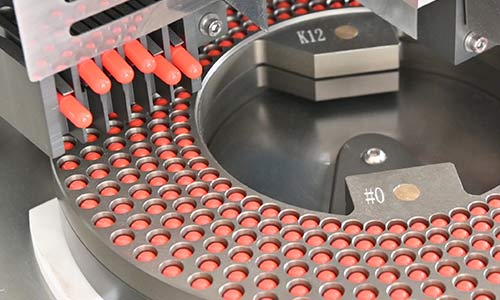
Selecting the right capsule filling machine for a business is critical to ensure optimal production efficiency, consistent product quality, and cost-effectiveness. Choosing the wrong machine can lead to lower efficiency, inconsistent dosing, and increased waste. Additionally, it can impact the overall profitability and success of the business.
By selecting a machine that meets the specific needs of the business, the production process can be streamlined, and the quality of the final product improved, ultimately leading to greater success and customer satisfaction.
Conclusion
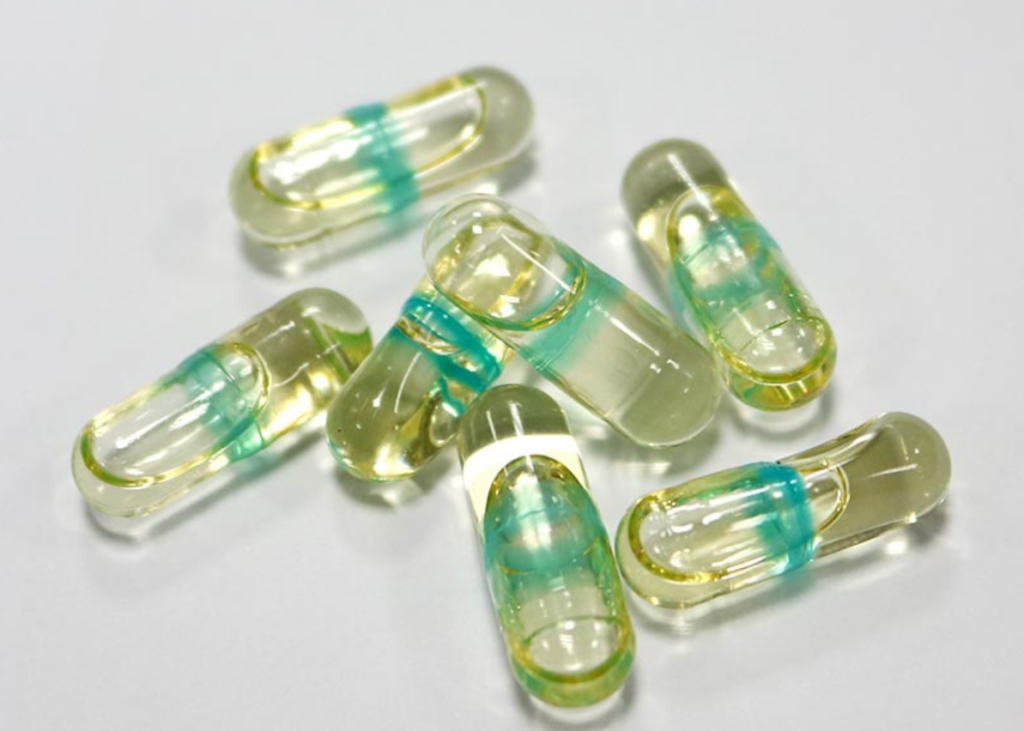
In conclusion, capsule filling machines are essential for businesses looking to produce capsules in various industries, including pharmaceuticals, nutraceuticals, and cosmetics. There are various types of capsule filling machines available and each type of machine has specific features and is designed for different applications and production volumes.
Overall, capsule filling machines offer an efficient and reliable method for filling capsules accurately and consistently, ensuring the safety and efficacy of the final product. By investing in the right capsule filling machine, businesses can enhance their production capabilities, increase throughput, and improve their competitive advantage in the marketplace.
